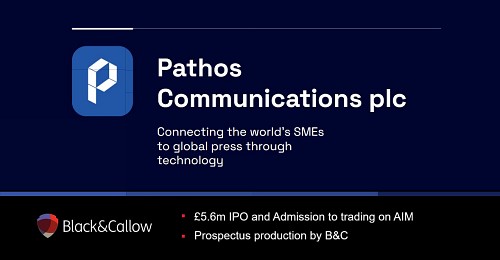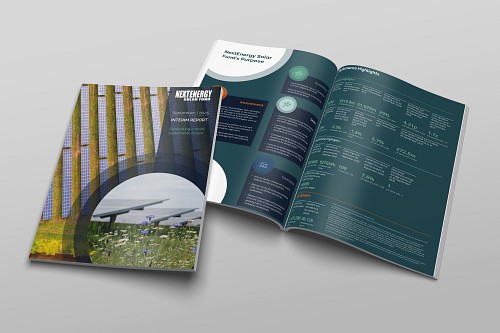31/07/2017

Albert Putnam, Typesetting Manager at Black&Callow, the financial printing and iRoadshow services provider, knows only too well how the industry has changed over the years, and how technology has played an influential role in the rapidly changing industry.
Albert, who has worked at Black&Callow for 13 years, coordinates the typesetting and design team, encompassing complex financial documents across various markets and time-zones. Here, he discusses the challenges of the typesetting revolution and gives some top tips for ensuring successful deal documents.
Evolving through time
“I’m fortunate enough to have worked in the typesetting industry throughout its revolutionary period and to see the ways in which technology has advanced the sector. I was 16 when I began my career in general commercial print as a ‘hot metal’ compositor apprentice, before moving to HMSO (Her Majesty’s Stationery Office) to typeset parliamentary documents. Almost overnight, the industry changed so I retrained in computer typesetting, before moving into financial print in 1987.
It could be argued that as more people have in-house typesetting capabilities today through technology, the printing industry is shrinking substantially. We’ve found, however, that technology has enabled clients to engage more in the process and work in synergy with us, rather than in competition with us.
Bear in mind that our clients are working on highly confidential, time-critical, frequently multi-billion pound deals such as mergers & acquisitions, IPOs and SEC filings. The level of specialism required to comply with ever-increasing Stock Exchange and Listing Authority regulations around the format of the documents is significant, and it’s needed 24/7 – so the trust between client and service provider is paramount.
Unrivalled software
“Word files supplied by clients are converted by our team into a format which can be imported into our 3B2 typesetting software. A project will typically have three to six typesetters and one proofreader working on it at any one time to ensure maximum accuracy and precision. We are renowned for having the largest in-house typesetting capacity in Europe, and within our 24/7 working operation we can revise up to 8,000 pages per week.
Just this capacity alone isn’t enough though – we’ve had to bespoke our 3B2 system. The standard software was re-written to enable us to create blacklined, strikethrough and comparison files in the native program used for typesetting the document. This removes a large risk of error in the conversion process, as at each separate stage of the revision process, a version of the job is saved how it currently stands, giving us the ability to compare the current version against any previously saved versions.
This technology has been used by Black&Callow for over 15 years, and as well as experience with the software, it continues to make a positive difference for our clients.
What are Albert’s top tips for ensuring a fast, accurate process?
- The biggest challenges are usually in meeting deadlines, so good communication is key. While our PMs will be in regular contact with all parties on the deal, from banks to lawyers to Registrars, if you know of a critical deadline, email us.
- Having one person client-side to co-ordinate the process is also a benefit – it keeps the lines of communication tight and gives a better flow to the process. We usually assign one PM to each deal for the same reason, augmented by our 24/7 production and customer service teams.
- If your documents have a higher design requirement than standard Stock Exchange styling, sending us a corporate communications or style guide in advance is really helpful, so we can set up early templates – meaning that we’re already geared up and ready to respond to your critical deadlines. “




